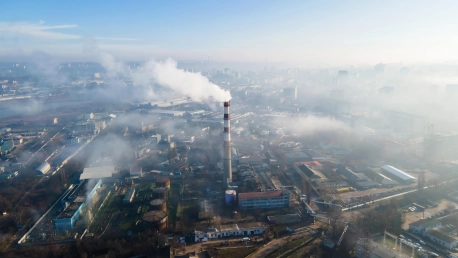The U.S. Department of Energy (DOE) is actively engaging stakeholders to navigate the pathway towards a net-zero emissions future for the off-road sector—a notable contributor to the nation’s greenhouse gas (GHG) emissions. This sector, which includes construction, agriculture, and mining vehicles, has been identified as an area where innovative propulsion technologies could have a significant environmental impact. As part of this effort, the DOE’s Bioenergy Technologies Office (BETO), Vehicle Technologies Office (VTO), and Hydrogen and Fuel Cell Technologies Office (HFTO) released a Request for Information (RFI) to gain insights on transitioning to net-zero emission technologies by 2050.
Gathering Stakeholder Perspectives
The DOE is working with stakeholders to achieve net-zero emissions in the off-road sector, which significantly contributes to national GHG emissions. This includes vehicles used in construction, agriculture, and mining. Recognizing the potential for substantial environmental benefits through innovative propulsion technology, DOE offices—BETO, VTO, and HFTO—sought feedback via an RFI. They’re focusing on finding pathways to adopt net-zero emission technologies by the year 2050. This initiative is critical in addressing the challenges of climate change and ensuring a sustainable future in sectors that traditionally rely on carbon-intensive machinery. Through collaboration and information gathering, the DOE aims to steer the transition toward cleaner energy alternatives, thus reducing the ecological footprint of these essential industries.









